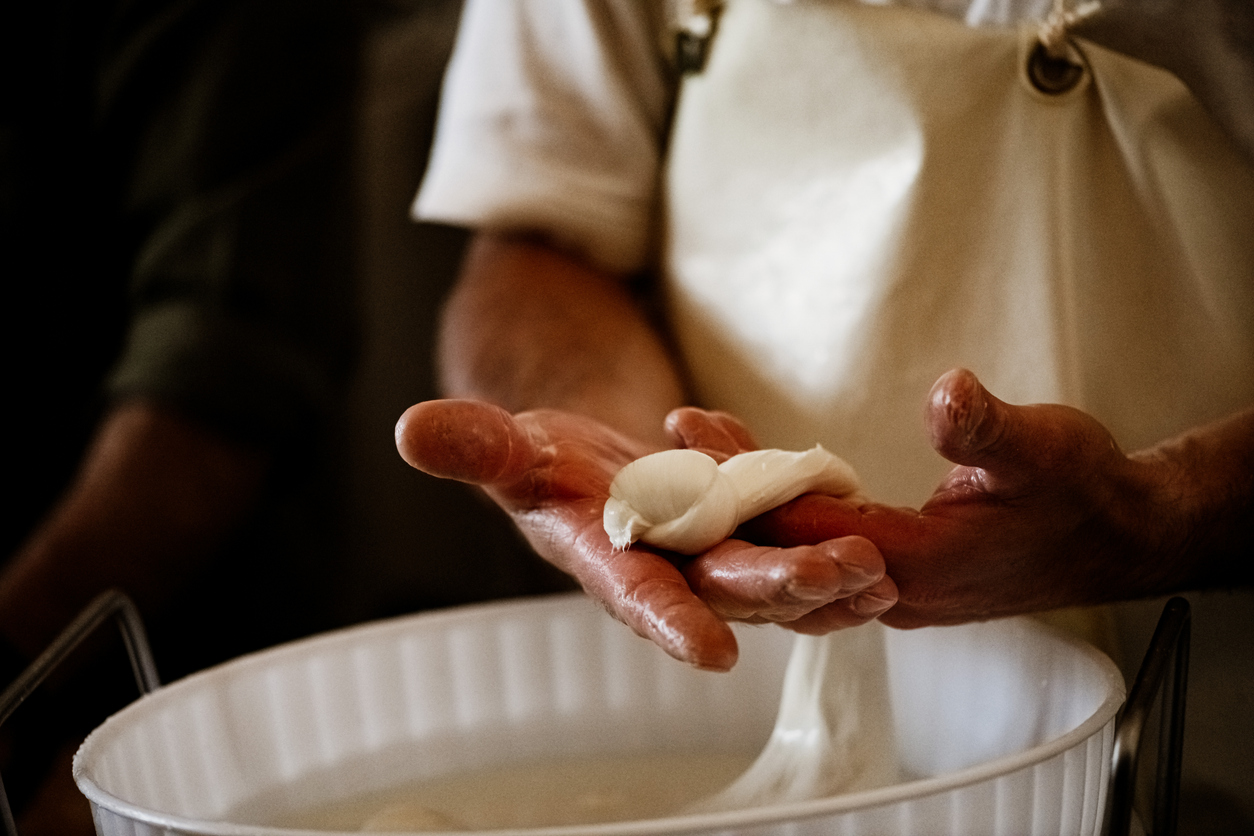
Cheesemaking: A Science, an Art, and a Craft
Students make fresh mozzarella cheese and explore a career as an artisan cheesemaker as they discover the science, art, and craft involved in the development of specialty cheeses.

Students make fresh mozzarella cheese and explore a career as an artisan cheesemaker as they discover the science, art, and craft involved in the development of specialty cheeses.
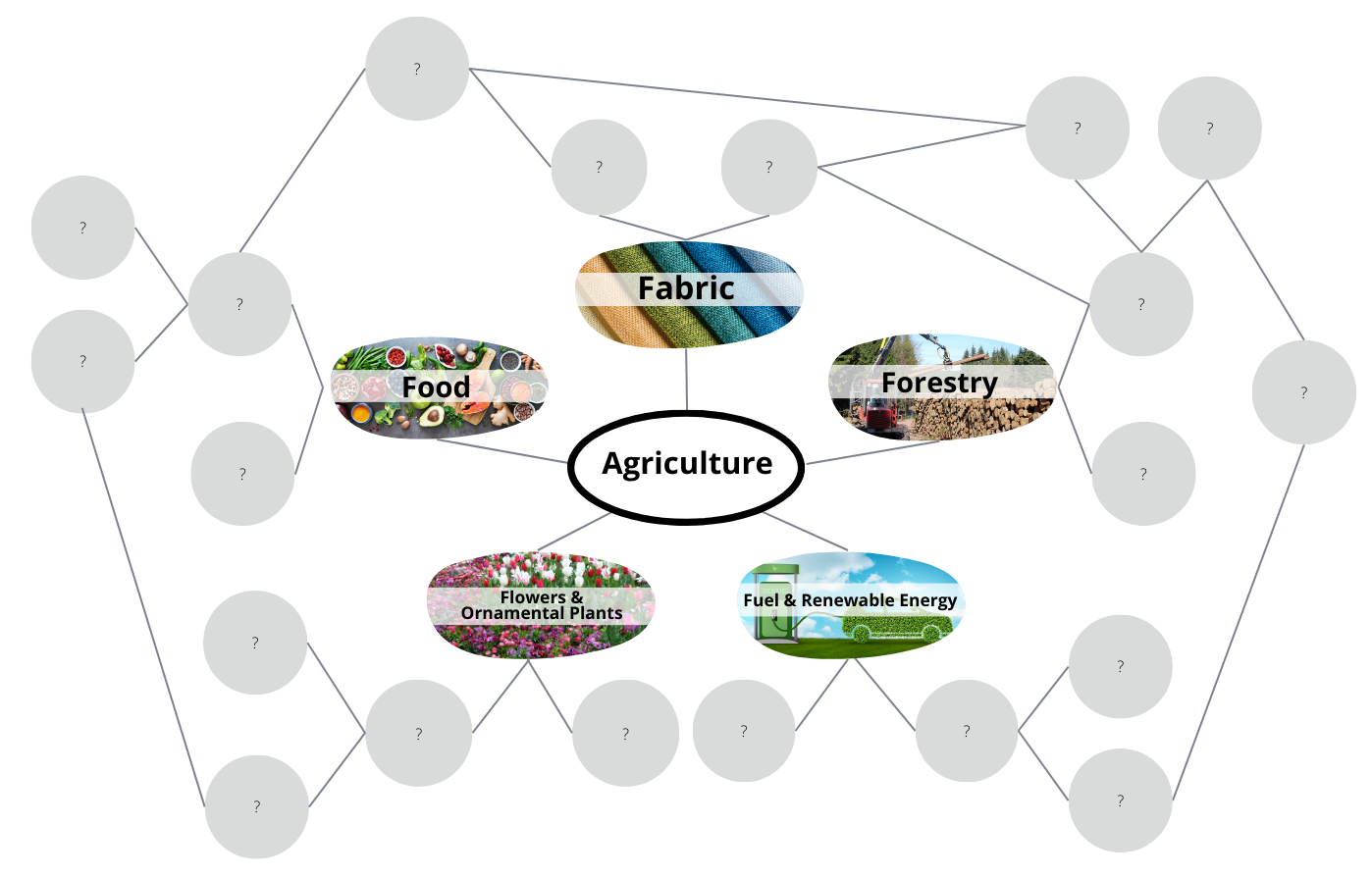
Explore how we are each connected to agriculture through our food, clothing, shelter, fuel, and more. Students will be introduced to agriculture and begin to recognize the depth and complexities of agricultural systems locally and globally.
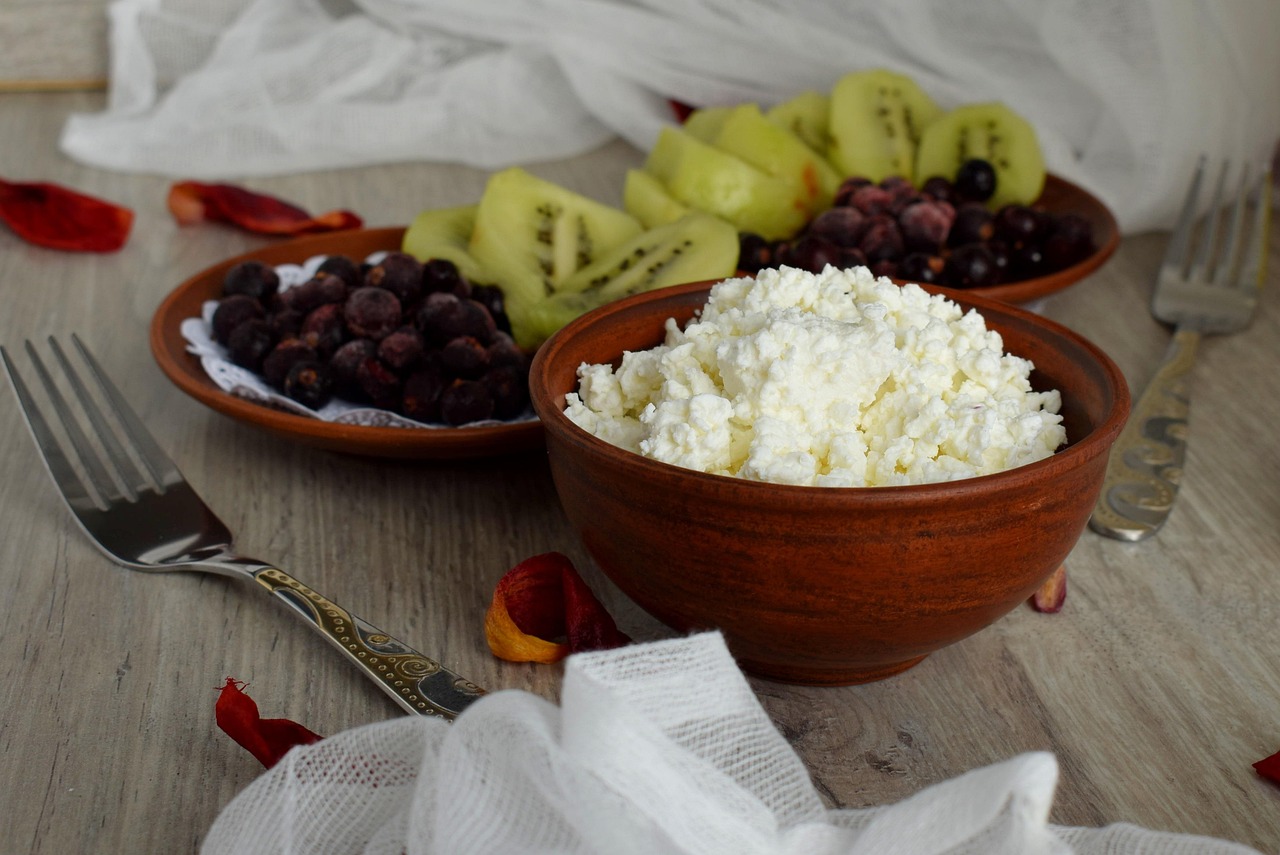
Students explore the scientific processes used to make the crops we grow and the livestock we raise (commodities) into some of the foods we eat every day. Students will discover how science and technology work together to create foods like pickles, bread, yogurt and more! To engage further in the topic, students will make their own cheese using enzymes produced through the fermentation of genetically engineered yeast.
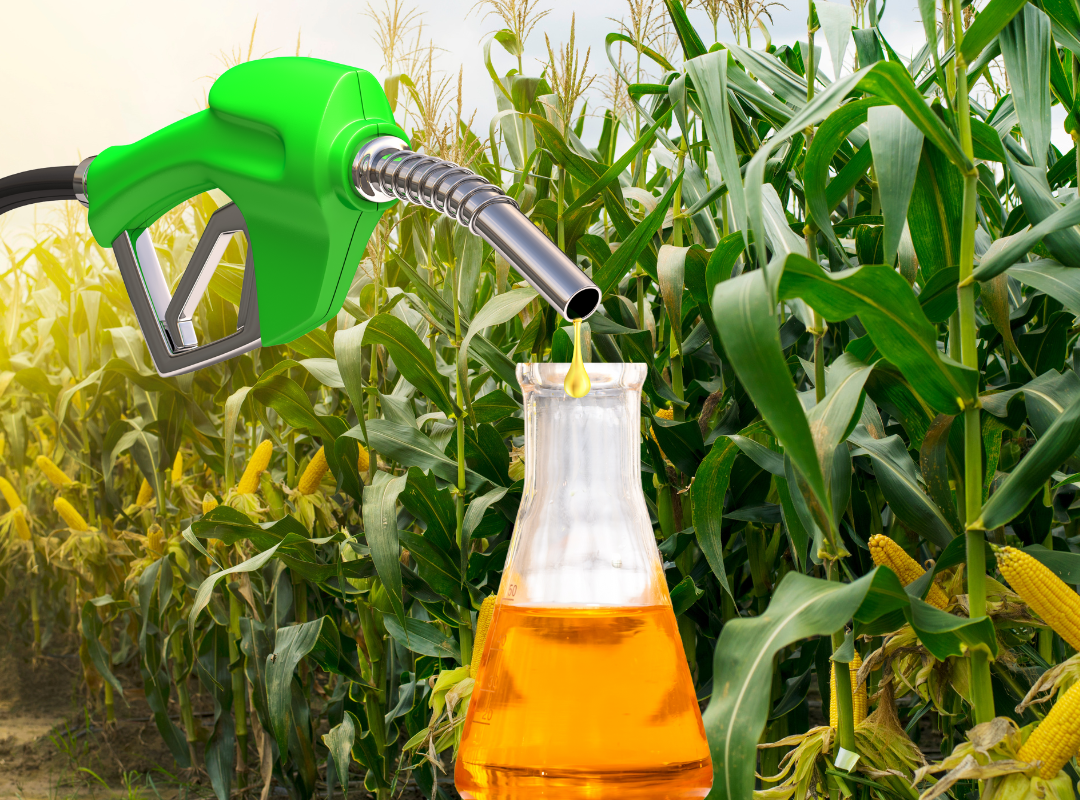
Students explore the process of fermentation in the creation of ethanol and observe the role enzymes play in the fermentation of starch.
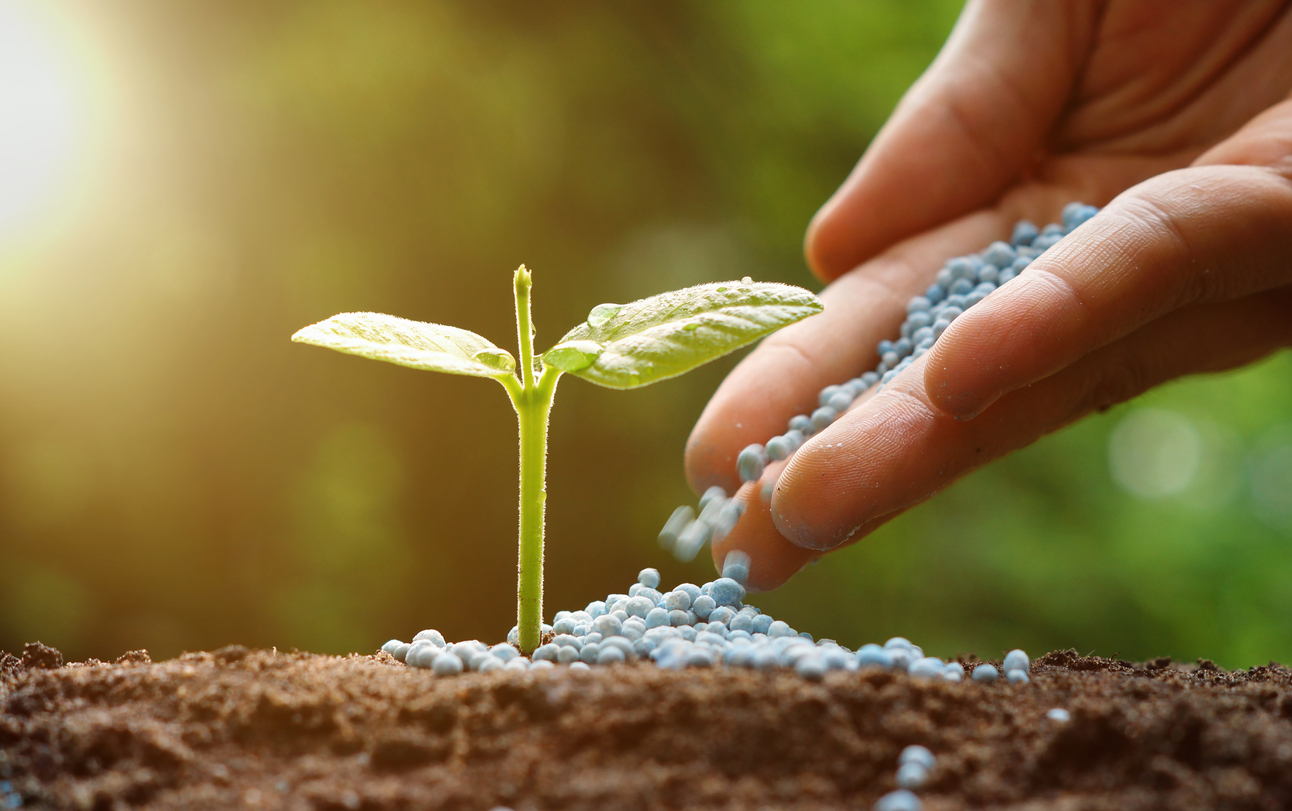
In this lesson students will recognize that fertile soil is a limited resource to produce food for a growing population, describe the role fertilizer plays to increase food productivity, distinguish between organic and commercial fertilizers, and recognize how excess nutrients are harmful to the environment.

Through project-based learning, students will design games that will assist others with identifying a variety of agricultural careers, possible emerging agricultural careers, the education required for agricultural career options, and the types of salaries that can be expected in each career.
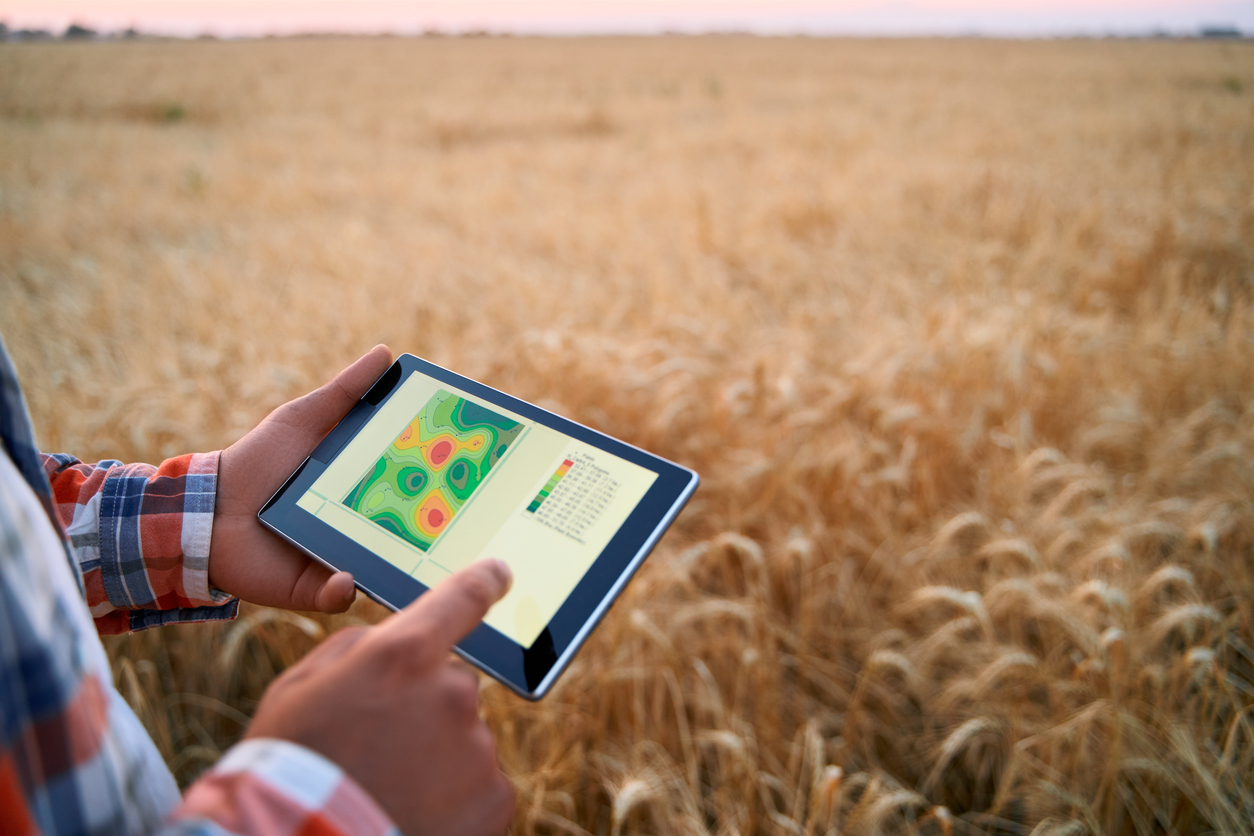
Students discover technologies that are used on farms to increase efficiency and yields and decrease costs and environmental impact.
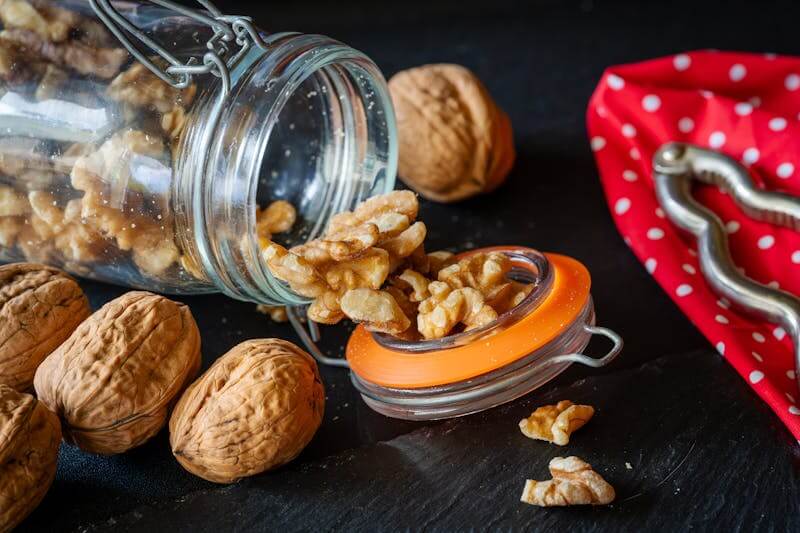
Students will interpret and compare nutrition labels to make healthy food choices and learn about the nutritional value of walnuts. Students will also have a walnut taste test and use walnuts in a recipe.
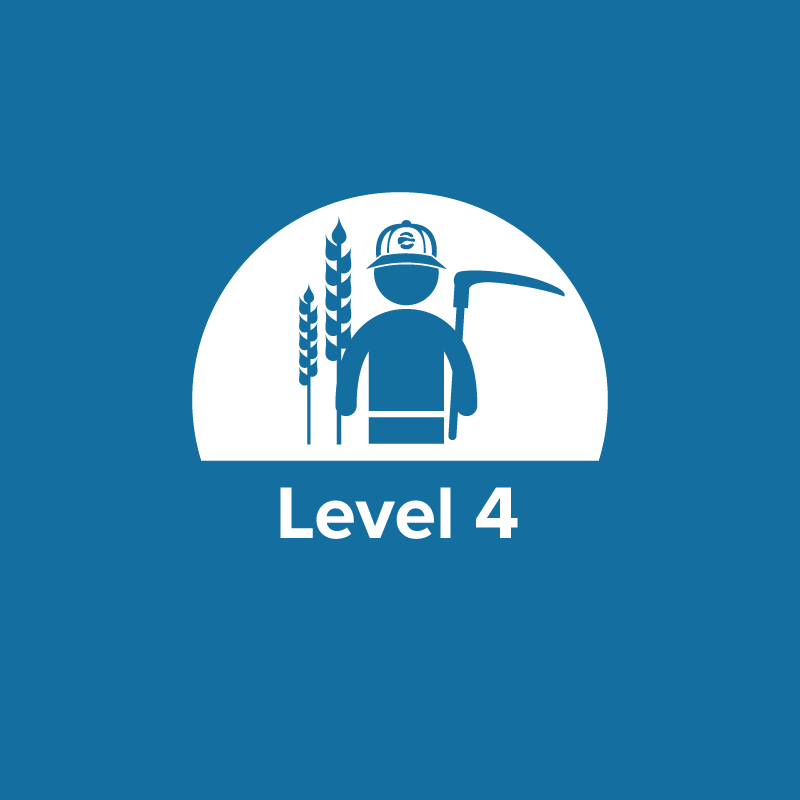
Students will explain why economics are important to sustainability, describe the relationship between a sustainable economy and the environment, develop a model demonstrating how agricultural production creates a ripple effect that impacts local and global economies and social stability, and discuss how investments build an economy.
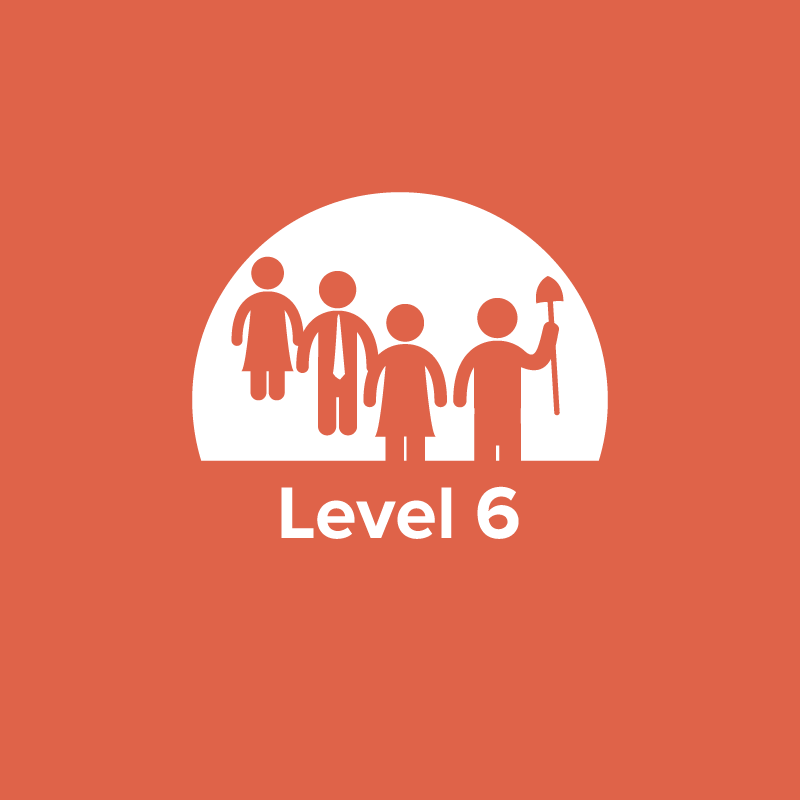
Students will explore careers related to agriculture, identify personal interests within agriculture or a related field and discuss how agricultural professionals can impact world food.

Students explore the connection between individual behavior and resource use, learn the difference between renewable and nonrenewable resources, and identify careers related to natural resource management by playing an active, futuristic simulation game in which teams have to collect limited resources from "Planet Zorcon."
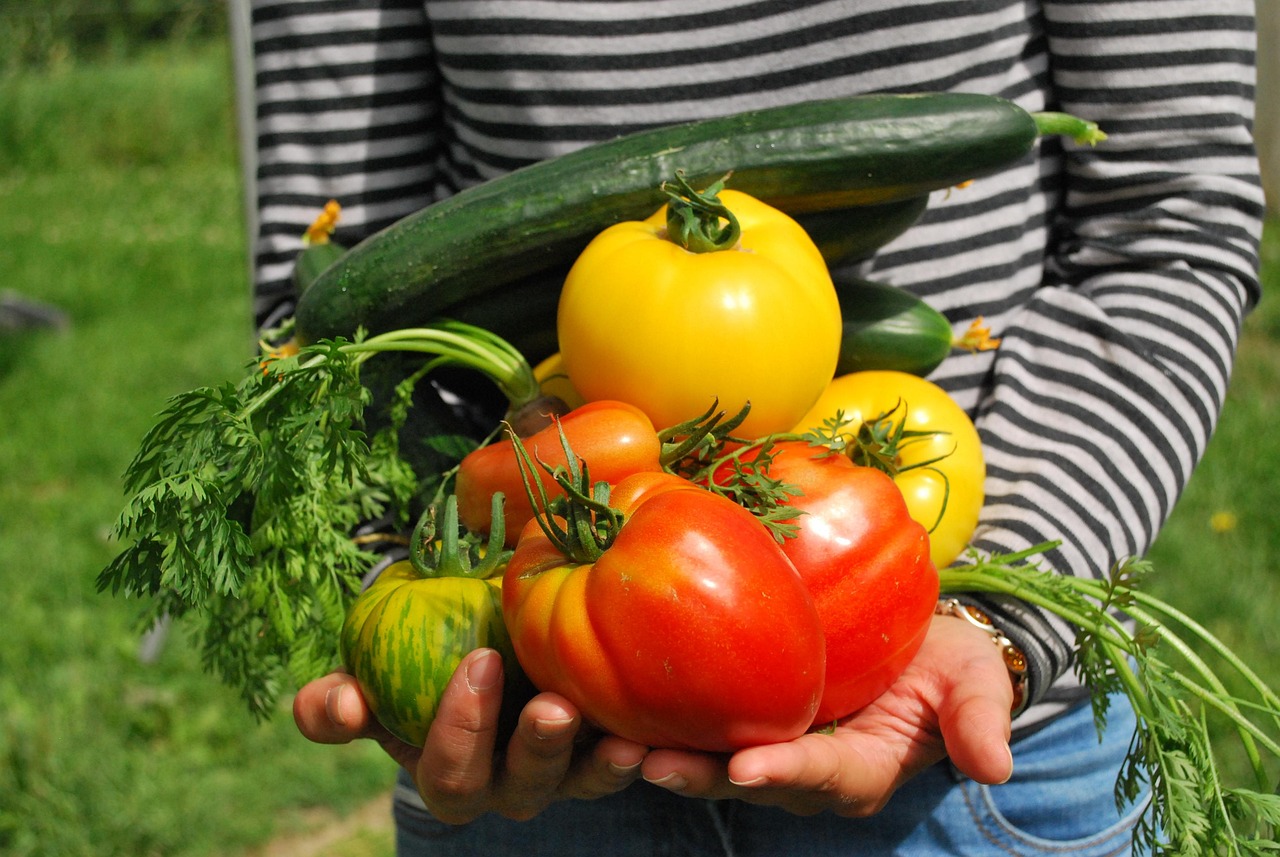
Students will learn the concept of pH, and the impact of acids and bases on plant pigments, explore the impact of acids and bases on plant cell structure, and discover the health benefits of consuming vegetables.